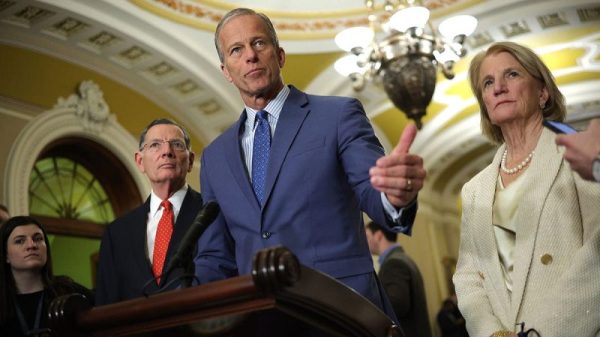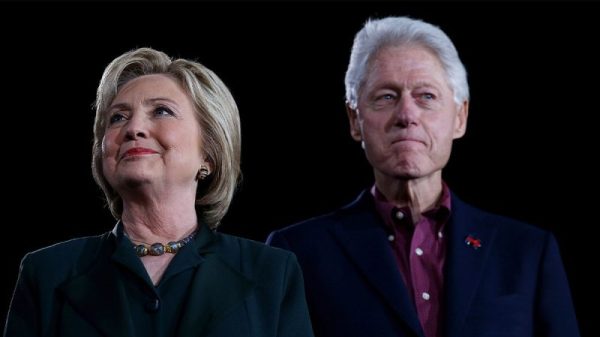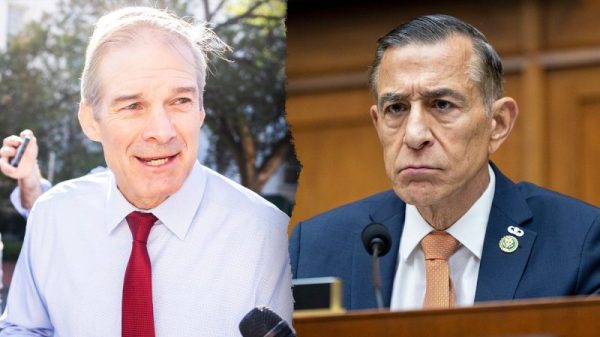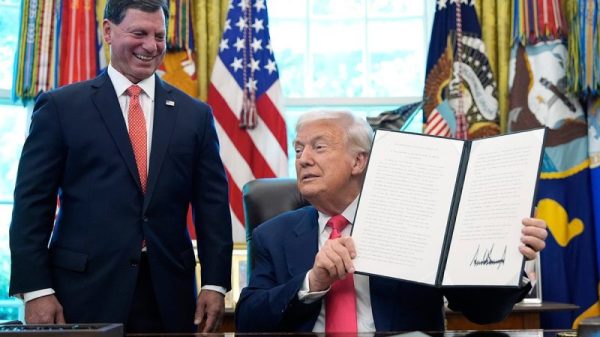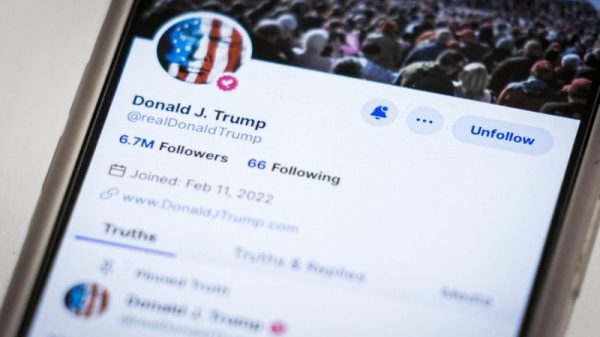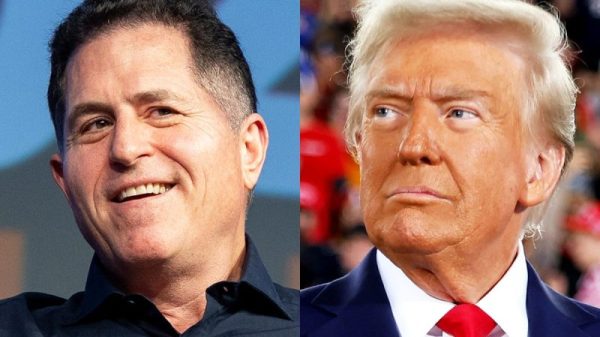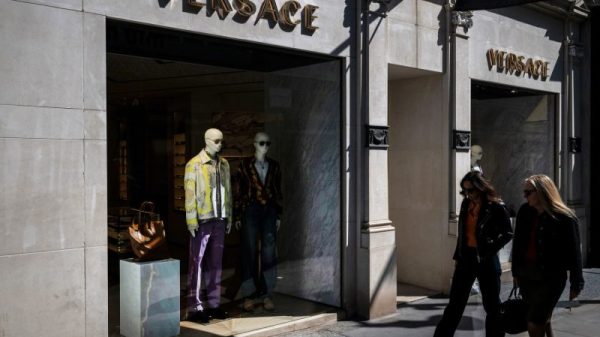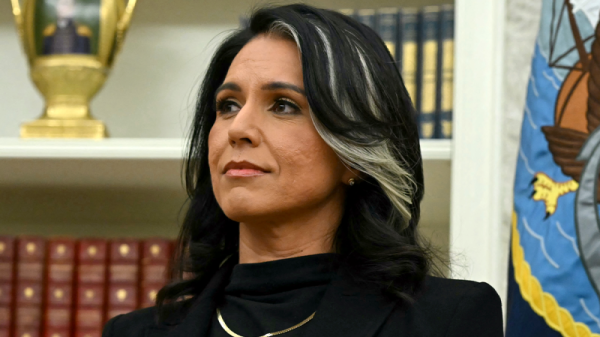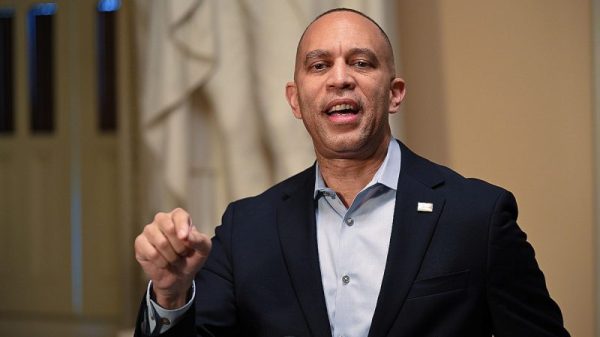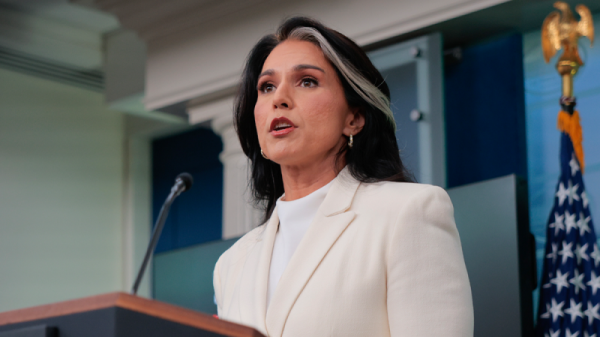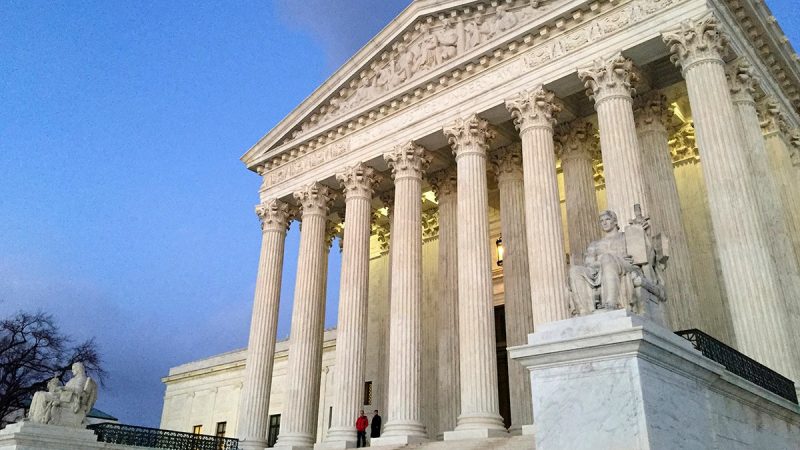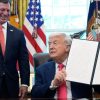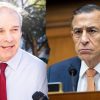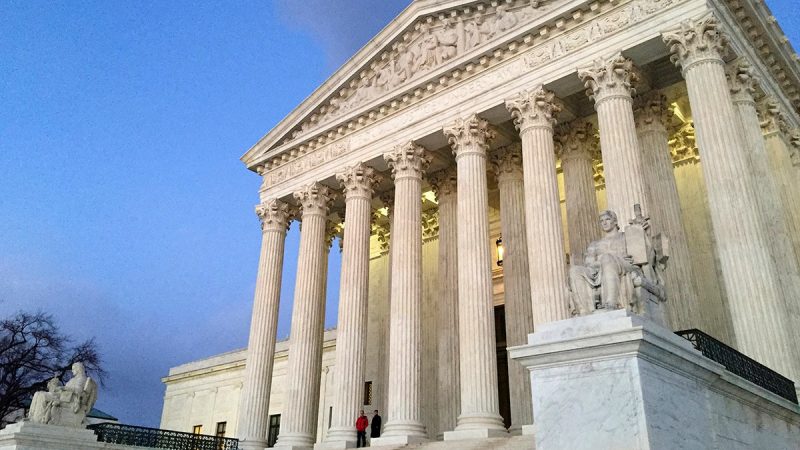
The Supreme Court is set to reexamine a landmark decision about the president’s ability to fire members of independent agencies, and the outcome could expand executive power and have far-reaching implications.
The high court revealed in an order last week it would revisit Humphrey’s Executor v. United States, a 1935 decision that Hans von Spakovsky, a legal fellow at the conservative Heritage Foundation, said is now on ‘life support.’
Contrary to the decision in Humphrey’s, von Spakovsky said agencies like the Federal Trade Commission, the Securities and Exchange Commission and various labor boards ought not to be insulated from presidential firings.
‘The Constitution says the president is the head of the executive branch,’ von Spakovsky told Fox News Digital. ‘That means, just like the CEO of a big corporation, they get to supervise and run the entire corporation, or in this case, the entire executive branch, and you can’t have Congress taking parts of that away from him and saying, ‘Well, they’re going to keep doing executive branch things, including law enforcement, but you won’t have any control over them.’’
The Supreme Court’s decision came in response to a challenge from a Biden-appointed FTC commissioner whom President Donald Trump fired at will after taking office.
The high court said in a 6-3 emergency decision Trump’s termination of the commissioner, Rebecca Slaughter, could remain in place for now while it uses her case to take on Humphrey’s Executor, which centered on an FTC firing under President Franklin D. Roosevelt. The high court found Roosevelt could not fire a commissioner without cause.
Slaughter has called her firing illegal, pointing to Humphrey’s and the FTC Act, which says commissioners cannot be fired from their seven-year terms without cause such as malfeasance or negligence.
Joshua Blackman, a professor at South Texas College of Law, told Fox News Digital that if Humphrey’s is overturned or narrowed, it will likely also apply to other agencies that have statutory protections against firings designed to preserve their independence.
‘I think this ruling will necessarily reach beyond the FTC,’ Blackman said. ‘The only question is whether they maintain that the Federal Reserve is different.’
The high court indicated in an earlier shadow docket decision about labor board firings this year that it views the Federal Reserve as unique, a ‘quasi-private’ structure rooted in the traditions of the first central banks. A separate case involving Federal Reserve Governor Lisa Cook’s firing is testing that position.
Von Spakovsky said the Supreme Court has been inching toward addressing Humphrey’s. The 2010 decision to narrow the Sarbanes-Oxley Act by stripping independence from an accounting oversight board and the decision five years ago finding the president could fire the Consumer Financial Protection Bureau director at will were hints of this.
In the latter case, Chief Justice John Roberts wrote that the president’s power ‘to remove — and thus supervise — those who wield executive power on his behalf follows from the text of Article II.’ The CFPB’s ‘novel’ structure defied that presidential power because a single director oversees an agency that ‘wield[s] significant executive power.’
Ruling in Trump’s favor would help the president and his conservative allies realize their stated goal of achieving a unitary executive, a theory that says the president should have sole control over the executive branch.
As part of this vision, Trump abruptly sidestepped numerous statutes to pluck out protected appointees at independent agencies when he took office, moves the Supreme Court is now poised to weigh in on in Slaughter’s case.
Boston University School of Law professor Jed Shugerman said in a statement online that Trump has done ‘more to establish a unitary executive than all the judges and legal scholars in the world could ever do.’
However, Shugerman criticized the president, saying his tests of authority have also ‘done more to discredit and expose the unitary executive theory as lawless authoritarianism than any judge or legal scholar could ever do.’
John Shu, a constitutional law expert who served in both Bush administrations, recently told Fox News Digital he believed the Supreme Court would narrow Humphrey’s Executor because the FTC’s powers have greatly expanded since its inception.
‘The Federal Trade Commission of 1935 is a lot different than the Federal Trade Commission today,’ Shu said.
Shu said today’s FTC can open investigations, issue subpoenas, bring lawsuits, impose financial penalties and more. The FTC now has executive, quasi-legislative and quasi-judicial functions, he said.

